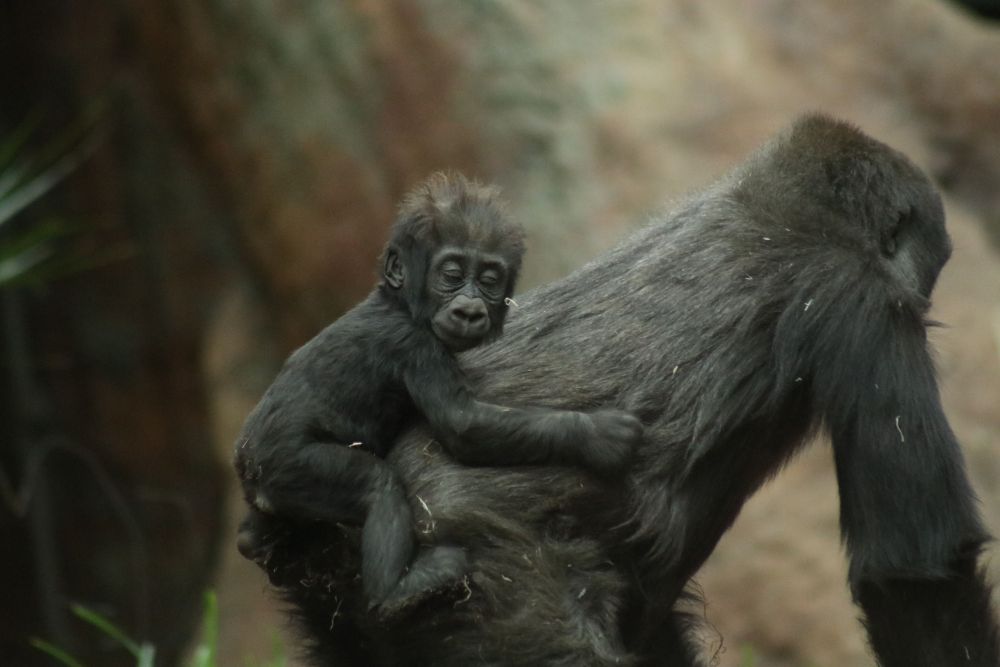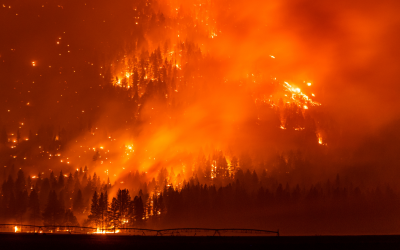Humans threaten 1 million species with extinction
A new UN report has stated that nature is declining globally at rates unprecedented in human history.

A new UN report has stated that nature is declining globally at rates unprecedented in human history.
A new UN-backed report from the Intergovernmental Science-Policy Platform on Biodiversity and Ecosystem Services (IPBES) has warned that 1 million species are at risk of extinction due to human activities.
The report, three years in the making, has been compiled by 145 expert authors from over 50 countries to assess the changes in nature over the past five decades. The report also draws from indigenous and local knowledge to address the issues that occur in specific communities.
Today, at a meeting in Paris, they released a brief 40 page summary for policy makers.
The IPBES, often hailed as the ‘IPCC for biodiversity’, estimate that the average proportion of species threatened with extinction across terrestrial, freshwater and marine vertebrate, invertebrate and plant groups is around 25 per cent.
IPBES Chair, Sir Robert Watson, said: “The health of ecosystems on which we and all other species depend is deteriorating more rapidly than ever. We are eroding the very foundations of our economies, livelihoods, food security, health and quality of life worldwide.”
The report focuses on the impact of climate change, it notes that, since 1980, greenhouse gas emissions have doubled, raising average global temperatures by at least 0.7 degrees Celsius.
Prof. Brondízio, who co-chaired the assessment, said: “Key indirect drivers include increased population and per capita consumption; technological innovation, which in some cases has lowered and in other cases increased the damage to nature; and, critically, issues of governance and accountability. A pattern that emerges is one of global interconnectivity and ‘telecoupling’ – with resource extraction and production often occurring in one part of the world to satisfy the needs of distant consumers in other regions.”
The damage to ecosystems has mostly occurred in the tropics, home to the highest levels of biodiversity on the planet.
100 million hectares of tropical forest were lost from 1980 to 2000, resulting mainly from cattle ranching in Latin America and palm oil plantations in South-East Asia.
Despite progress to conserve nature and implement policies, the report says that current targets are not reachable and goals for 2030 and beyond may only be achieved through transformative changes across economic, social, political and technological factors.
Professor Sandra Diaz, who co-chaired the assessment, said that despite nature declining fast, “we still have the means to ensure a sustainable future for people and the planet”.
Read the full report here.

_400_250_s_c1.png)




